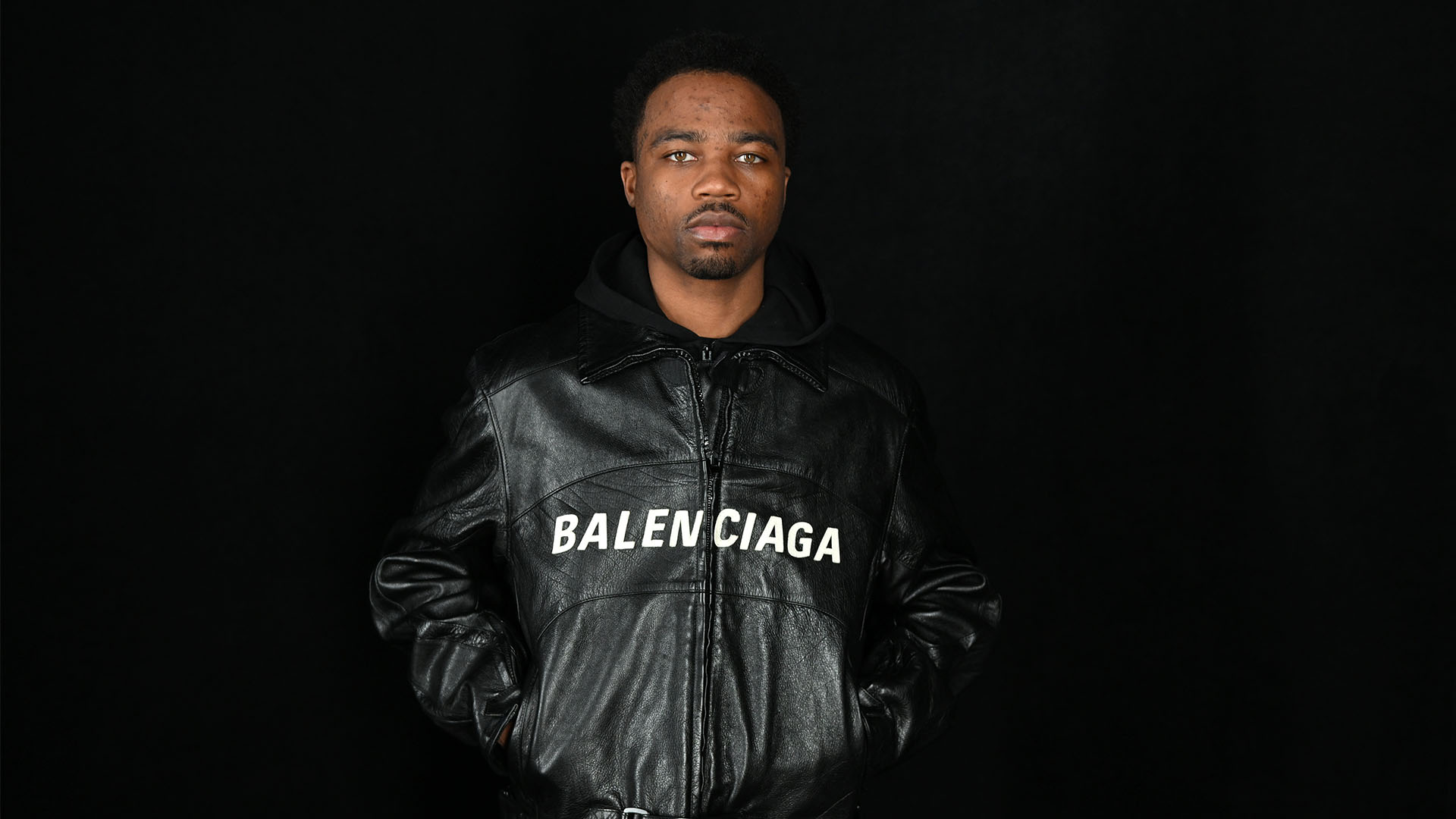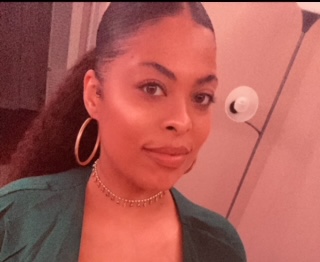Roddy Ricch, whose given name is Roderick Wayne Jr., has emerged victorious in a two-year legal battle surrounding his chart-topping hit song, “The Box.”
In December 2022, songwriter Greg Perry initiated legal action against the artist and Atlantic Records, claiming that “The Box,” released in 2019, unlawfully mirrored his 1975 single, “Come on Down.” Perry’s legal team asserted that most listeners would be able to hear “strikingly similar” elements within the songs, per Billboard.
On Feb. 12, the 25-year-old rapper received news that “The Box” had been absolved of copyright infringement following a final ruling by Judge Analisa Torres, a district judge for the southern district of New York who presided over the case. Torres determined that the two compositions differed significantly, stating “no reasonable jury could find that the works are substantially similar,” as reported by the outlet.
In her explanation of the decision, the judge noted, “‘Come On Down’ is a sentimental song about ‘love and heartbreak,’ while ‘The Box’ is a braggadocious song about ‘amassing wealth… and being more skilled than other rappers,'” per Billboard.
In addition, Judge Torres asserted that Roddy Ricch’s track is “delivered in a monotone rap,” and Perry’s track offered a “significantly faster” tempo and a distinctive mood.
“The Box” has reached RIAA diamond status and was nominated for “Song of the Year” at the 2021 Grammy Awards. It’s a standout within Roddy Ricch’s catalog and is undoubtedly one of his most well-known works. It’s also worth noting that he isn’t the first Hip-Hop artist to incorporate melodic elements reminiscent of “Come on Down.” Per Billboard, Young Jeezy’s 2008 “Wordplay” and Yo Gotti’s 2016 song “I Remember” sample the 1975 track, albeit with proper clearance and licensing from Perry, affording him due songwriting credit and an ownership stake.
In contrast, Perry’s attorneys argued in a statement that Roddy Ricch and Atlantic Records deliberately chose not to obtain proper licensing for his song, claiming, “Comparative analysis of the beat, lyrics, hook, rhythmic structure, metrical placement, and narrative context by a musicology expert demonstrates clearly and convincingly that ‘The Box’ is an unauthorized duplication and infringement of certain elements of ‘Come On Down.'”
Nevertheless, Judge Torres’s ruling ultimately dismissed Perry’s case, which ended the lawsuit.
Copyright infringement cases can take a while to process, often requiring considerable evidence to establish proof. Robert Jacobs, a Los Angeles, CA-based lawyer who has represented artists including Kendrick Lamar and DJ Marshmello in music-related lawsuits, emphasized that these kinds of cases are complex, per Business Insider. There is a need for meticulous analysis to assess the amount of similarities between the possible infringing work and another artist’s work, as well as to quantify damages, if any, to the plaintiff.
“It’s important to recognize that even if there are overlaps in the work at issue, oftentimes it’s coincidental,” Jacobs told Business Insider.
Roddy Ricch is not the only artist who has been in the hot seat over infringement claims. Rapper Kaliii recently caught flack from R&B artist Keyshia Cole over Cole’s song “Love,” which Kaliii sampled in her new single, “BOZO,” according to Hip Hop DX.
The two exchanged tweets, with Cole claiming that she never approved the use of her 2005 ballad and Kaliii countering that the sample was “cleared. been cleared.” Kaliii was also on the receiving end of criticism after telling Complex that she’d never heard the 2001 song “Area Codes” by Ludacris and Nate Dogg after using the same title and similar lyrics as the original in her 2022 release.
With access to abundant musical content across generations, younger artists engaging in creative expression have to look out for issues of ownership and attribution. Lack of awareness regarding copyright implications can lead to financial repercussions, including legal fees and statutory damages of up to $150,000 for every infringement, as outlined by the United States Copyright Office.
In a culture where collaboration and information sharing are prevalent, disputes over ownership are bound to persist, presenting judges, juries, and creatives with challenging decisions.


